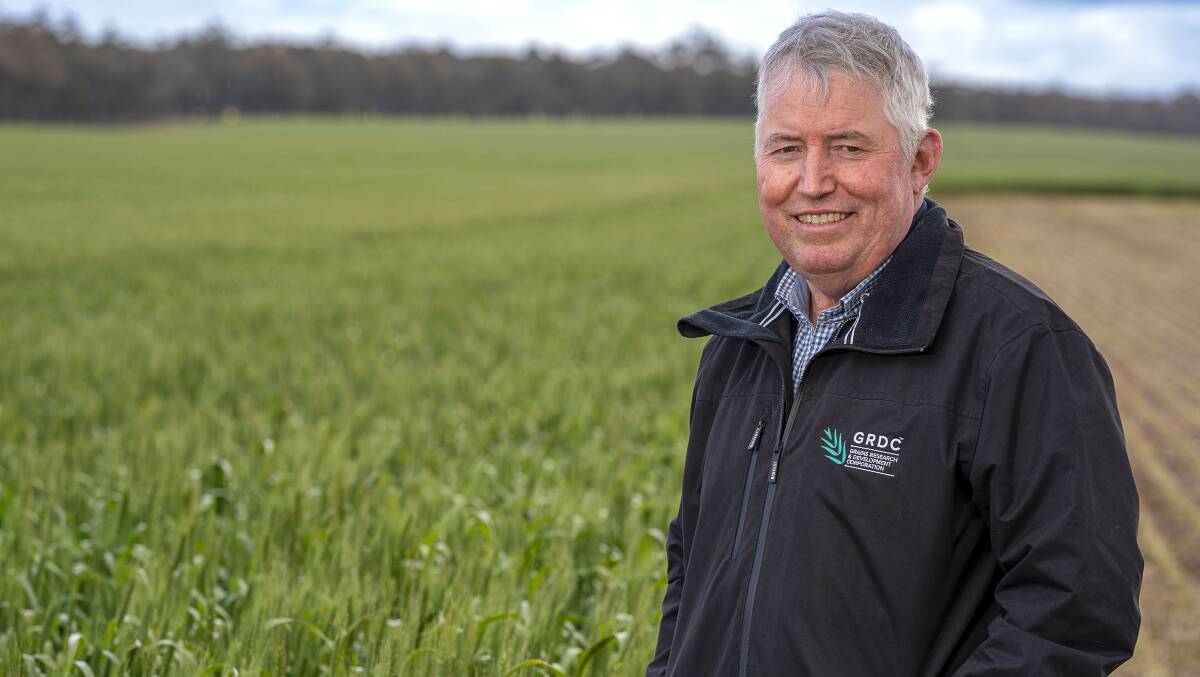
RECENT announcements that China is reconsidering barley tariffs has some experts speculating whether this will have an impact on what farmers put in the ground in the coming weeks.
With the possibility of increased demand for Australian barley, some farmers may change their seeding rotation to accommodate.
Farmers have slowly been shifting away from barley in the last few years, with more money to be made in wheat and canola.
Given the price of canola has softened, Rural Bank senior insights manager James Maxwell speculated if some growers may consider planting more barley.
"We might see more farmers go to barley than there would have been prior to this announcement, it's come at the perfect time," Mr Maxwell said.
However, a wide array of farmers have already set out their seeding intentions, and are unlikely to differ from their plans.
READ MORE:
"A lot of growers will already have their paddocks mapped out and bought their seed - but I think this will see a little bit more barley going in than would have otherwise," Mr Maxwell said.
Wickepin grower Gary Lang said he didn't like to make farming decisions based on speculation, and would continue to plant oats this season.
"I'm not super keen on doing things on speculation in this business, because it's not reality yet," Mr Lang said.
"Certainly, the price isn't reality yet, it hasn't shifted."
Mr Lang has decided to plant oats for both seasonal and price reasons.
An early start favours those on the eastern edge of the grainbelt to grow oats, and given prices are still very strong for oats, Mr Lang didn't see a reason to change.
He was still optimistic that discussions between China and Australia would result in a resumption of trade, given Mr Lang had about 3000 tonnes of barley not sold from the last harvest.
"We've been storing our barley on the basis that prices are average and China might come back, that's why we haven't sold it yet," he said.
Elders head agronomist Bill Moore believed the likelihood to change seeding plans was relatively low, given the early rain that encouraged a lot of growers to plant canola.
With wheat prices still strong, Mr Moore said wheat is leading most farmers' decisions on what to include in their cropping program.
"But people do take it as an absolute positive sign and where some people do have the flexibility to make some changes, there might be some minor alterations to pick up on that," Mr Moore said.
"People will take these positive indications to give faith in the rotations that they have planned for this year."

